A new report from SMART, the Sustainable Mobility & Accessibility Research & Transformation, explores and explains options related to a potential mileage fee for Michigan road funding. Mileage fees are distance-based fees levied on motorists for use of a defined network of roadways. In other words, they are a simple market-based fee for service.
According to the report a mileage fee has a number of other advantages. It can:
- improve transportation efficiency and access,
- reconcile transportation funding shortages,
- increase public and institutional cost effectiveness and accountability,
- address institutional waste, and
- support environmental sustainability.
The report from SMART includes:
- potential economic, social and environmental benefits and challenges;
- practical options for data collection and fee collection;
- financing models and potential costs; and
- implementation and phasing options and strategies.
As the legislature begins considering strategies for improving the experiences of Michigan drivers, passengers, cyclists, and pedestrians; this report provides an intriguing and innovative perspective on transportation funding. Challenges remain for implementing a mileage based solution, most notably privacy, but the prospect of a well funded transportation system based on use is worthy of exploration. For more information, view the SMART report, or read coverage of the report from the Detroit Free Press.
SMART is a multi-disciplinary initiative of the University of Michigan that undertakes and catalyzes research, tech transfer (living labs), education, and global learning exchange on a range of issues related to transportation’s role in a sustainable future locally and globally.













